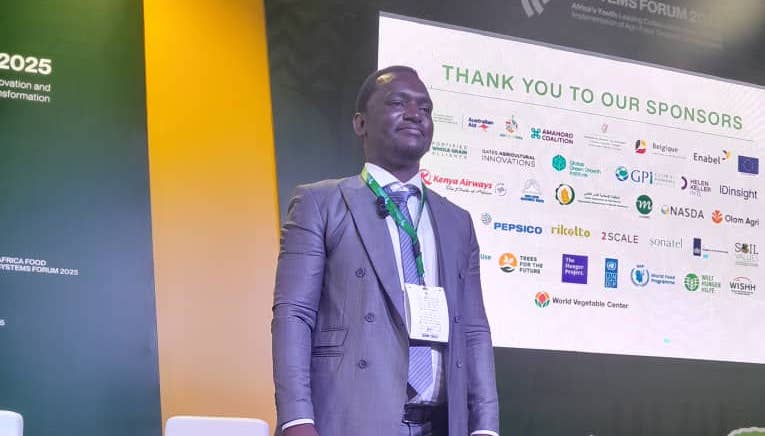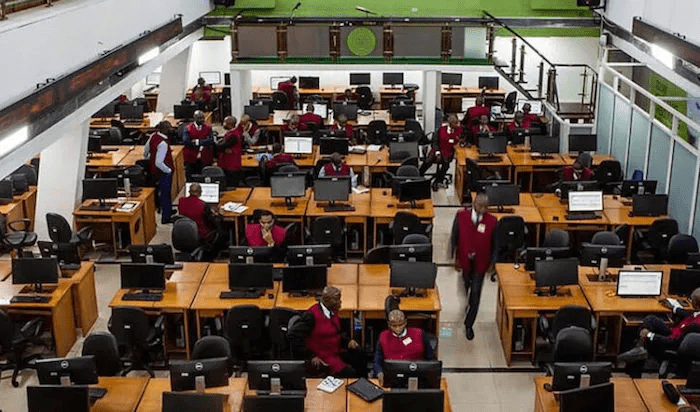Nigeria has the highest number of people living in internet poverty, writes SONNY ARAGBA-AKPORE
Even though Nigeria appears to be on the outskirts of technology globalization,all is not lost going by efforts being put in place by government agencies and network operators to creep out of Internet Poverty Index.
And if all goes well,the country may be on its way out of the global Internet Poverty Index(IPI) according to World Data Lab.
For its population of nearly 236m,there are 107m with access to the internet leaving more than half of the population offline.
And this is worrisome.
Today ,internet access is viewed as a basic requirement for healthy living besides access to food, clothing, housing, and energy because the ability to accurately measure internet poverty can raise awareness and identify the most vulnerable groups in society and our various communities.
This is especially noticeable in the fields of education, employment, entertainment and general connection to the world.“Internet poverty is measured by how many people can or cannot afford a minimum package of mobile internet. Moreover, it is based on three assumed pillars: affordability, quantity and quality. Affordability, where up to 10% of total individual spending is assumed.Quantity, where 1GB per month is assumed and Quality, where 10Mbps download speed is assumed.” according to World Data Lab reports.
The World Data Lab reports that of the 169 countries on the Global Internet Poverty Index ,Nigeria ranks number one with more than 103m people without internet while Tonga stands at 169 with less than 10,000 of its population without internet.
The USA is 47th on the list with 5.3million of its population without internet.
Therefore Nigeria holds the unenviable position of being the country with the highest number of people living in internet poverty globally.
According to the Internet Poverty Index by the World Data Lab, as of 2022, approximately 103 million Nigerians—about 47.4% of the population—were unable to afford a basic mobile internet package. This means that over half of the global internet-poor population resides in Nigeria, India, China, the Democratic Republic of Congo, Brazil, Pakistan, the Philippines, Tanzania, Indonesia, and South Africa . The global population without internet is put at 2.6bn by the International Telecommunications Union (ITU) and it hopes to bridge this gap by 2030 in line with the Sustainable Development Goals(SDG).
In Nigeria, the cost of mobile internet is disproportionately high relative to average income, making it one of the least affordable countries for internet access .  
This situation underscores the urgent need for policy reforms and infrastructure development to enhance internet accessibility and affordability in Nigeria.
While Nigeria,s underserved and unserved population remains a worrisome development,if all the indicators are right,it may be on its way out of the internet poverty index.
As of January 2025, Nigeria had approximately 107 million internet users, equating to an internet penetration rate of 45.4% of the total population. This marks a 1.9% increase from January 2024, when the number of internet users stood at 104.9 million.  In any case,broadband penetration refers to the percentage of the population with access to high-speed internet, and this remains below 50%.
By January 2025, broadband penetration was reported at 45.61%. This is a slight increase from 44.43% in December 2024. In spite of this marginal growth the National Broadband Plan 2020–2025 set a target of 70% penetration by 2025, indicating that there is still significant progress to be made.   
However the surge in internet usage can be attributed to the increasing adoption of smartphones and the growing demand for digital services such as video streaming, social media engagement, remote work, and fintech innovations.
As at May 2025, the broadband penetration in Nigeria stood at approximately 47.73%, with 103.5 million broadband subscriptions, according to the Nigerian Communications Commission (NCC) . This figure falls short of the National Broadband Plan (NBP 2020–2025) target of 70% penetration by the end of 2025 .
For instance, monthly internet usage reached an all-time high of 1,000,930 terabytes in January 2025, a 93.35% increase from the previous year.  Despite these advancements, challenges still persist.
For instance, approximately 29% of Nigerians (about 58 million people) use the internet regularly, while 120 million Nigerians still lack access to mobile internet, primarily due to affordability issues. The high cost of smartphones and internet services remain a significant barrier to broader internet adoption.   In reality,while Nigeria has made notable progress in increasing internet and broadband penetration, substantial efforts are still required to achieve universal and equitable access to digital services, particularly in underserved and rural areas.
The Internet Poverty Index offers a clear snapshot of global connectivity barriers. While progress over the past decade has been significant—especially in Asia and parts of Africa—challenges remain acute in low-income countries. The IPI highlights where investments in affordability, infrastructure, and education can make the most impact.The Internet Poverty Index (IPI), developed by World Data Lab with support from the Internet Society Foundation, measures the proportion of the population globally that cannot afford a basic mobile internet package (defined as 1 GB/month at 10 Mbps) without spending more than 10% of their daily expenditure . It’s based on three pillars: Affordability – cost relative to income (threshold: ≤ 10% of spending.
Since 2015, the absolute number has dropped by ~685 million, shifting from 24% to 13% of global population .
Between 2023 and 2024, global internet poverty decreased by ~14%, with strong gains in Asia but setbacks in sub Saharan Africa .
Asia dropped from 418m to 252m internet poor while sub Saharan Africa increased from 523m to 545m.
According to the Internet Poverty Index, individuals needing to spend over 10% of daily income for basic 1 GB/month at 10 Mbps are classified as “internet-poor.”
In Nigeria’s case With broadband penetration at just ~47%, 55% of Nigerians lack high-speed access—likely qualifying as “internet poor.” And the dominance of 2G/3G networks (<15 Mbps) further reduces meaningful access for many.
High data cost of about 4.2% of GNI per capita for mobile broadband; fixed at ~15%), is well above UN affordability targets which stands at 2%.
In general terms these trends suggest tens of millions—likely over half the population—face internet poverty due to unaffordability, poor speeds, and infrastructure gaps.
Aragba-Akpore is a member of THISDAY Editorial Board


